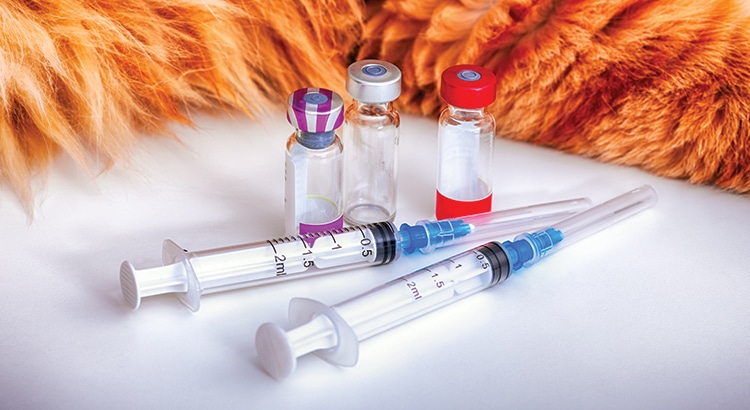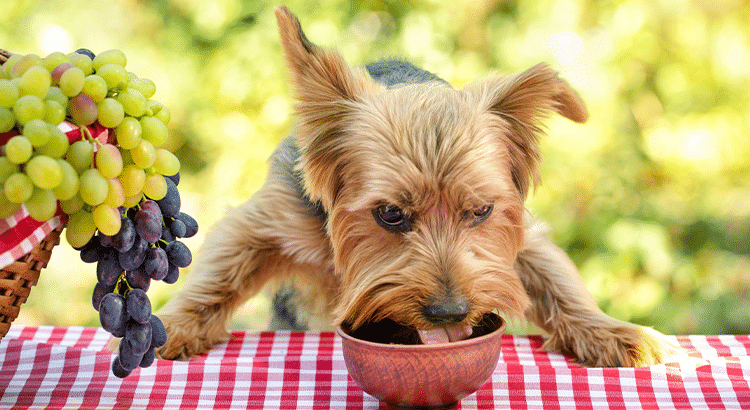
Introducing Dogs and Babies
Dogs tend to emotionally attach to their parents and live with every joy and sorrow together. They sense the emotional uplift after pregnancy among the parents, however the high-end emotional tuning doesn’t translate into a positive adjustment anticipating the arrival of the little one. It would be best for pet parents to take a few preparatory steps when it comes to introducing dogs and babies.
The following tips will help you introduce your dog to the new baby at home:
Be The Pack Leader
Before the arrival of a baby, pet owner’s may have an increased tolerance for behaviors that are less than favorable. However, when a little one is added to the mix there might be some behaviors that must stop to create a safe environment between dogs and babies. Cesar Chavez lists the following ways in how to become the pack leader to set rules, boundaries and limitations:
Don’t Get Over Excited
Dogs are known for mirroring their owners emotional state. If it’s a lazy Sunday afternoon that calls for a Hallmark movie and a nap, most four-legged friends are going to be snoozing as well. Yet, if it’s a gorgeous day and it’s time to get outside for a walk/run, this creates excitement in pups and gets their engines revved up. So, when it comes to introducing dogs and babies, it is important for owners to remain calm to keep the situation at ease and the energy in the room calm.
Introduce the Scent Before the Baby
The best an owner can do to nurture introducing dogs and babies is to present the scent before introducing the baby. Bring a baby cloth or something from the hospital and allow the dog to smell it from a distance to create a boundary. The dog should understand that the smell is of something new that should remain out of touch.
Control the Introduction
When this invisible boundary has been created with training practice, it is time to introduce the baby. Pups should be taken out for a long walk to drain all of their energy with the baby arriving home while they are away. The vibe in the air should be calm and welcoming, absent of excitement or excessive energy. Dogs adapt to their owners emotions, so create a peaceful environment for the introduction. The pup should be allowed to get fairly close to the baby, however the boundary should be set with a limitation on just how close the new parents is comfortable with.
Dog-Proofing A Home
There are several ways to dog-proof ones house before the baby arrives. These include:
Remove Hazard: the hazards are similar inside the house for dogs and babies: open stairwell, electrical outlets, chemicals or materials, and tools. It will help if you put gates, obstructions, or enclosed spacing accordingly for these things.
Safe Area: use safety doors or barricades to provide a safe place to play for the baby or the puppy before the baby. This area should be free of secondary hazards like poisonous plants, sharp corners of furniture or window sills, and in a well lit area to watch for choking hazards on the floor.
Further Prevent Injury: remove anything breakable or valuable, use caution with open flames like fireplaces or candles, use caution with pesticides inside the home, and overall, get on your hand and knees and look at the babies eye level to watch for hazards.
Best Breed of Dogs for Babies
The following breeds are vet and expert-recommended for babies:
It’s an exciting time to bring a baby home, yet very stressful when thinking about introducing dogs and babies. The above tips should give owners a starting place on how to execute the introduction, and to create an environment that is safe for dogs and babies alike. To receive more information on our products, including pet insurance, please contact us today by email at info@pinpaws.com or visit our website.




